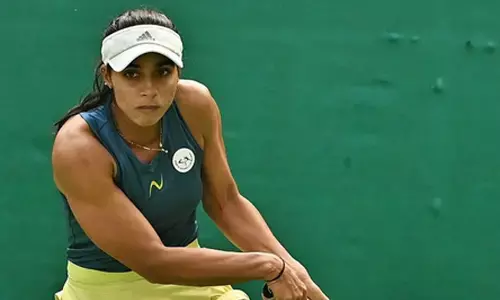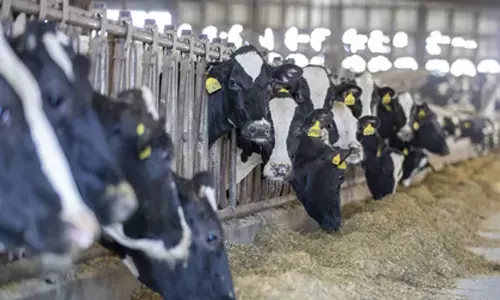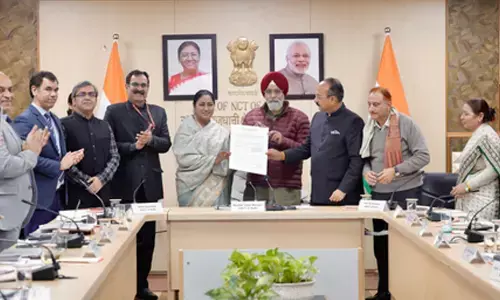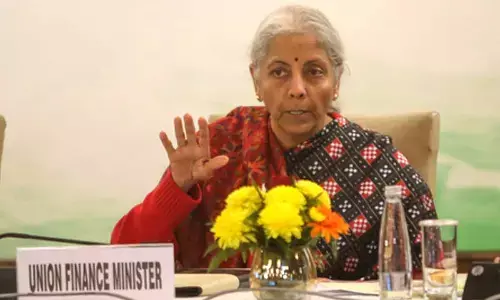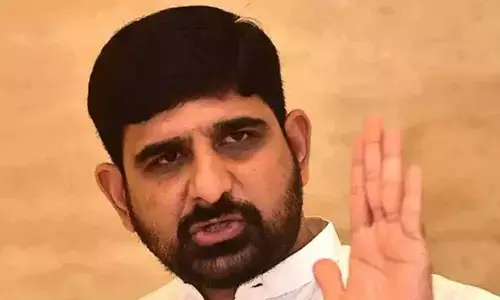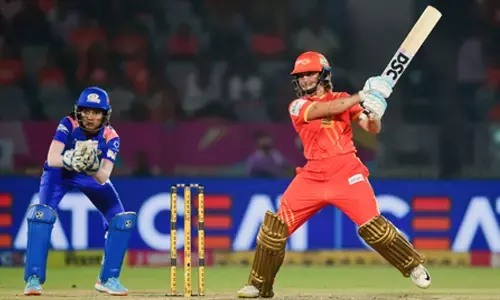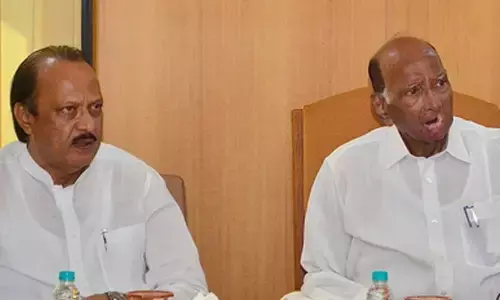Indian women’s wait for Achhe Din gets longer
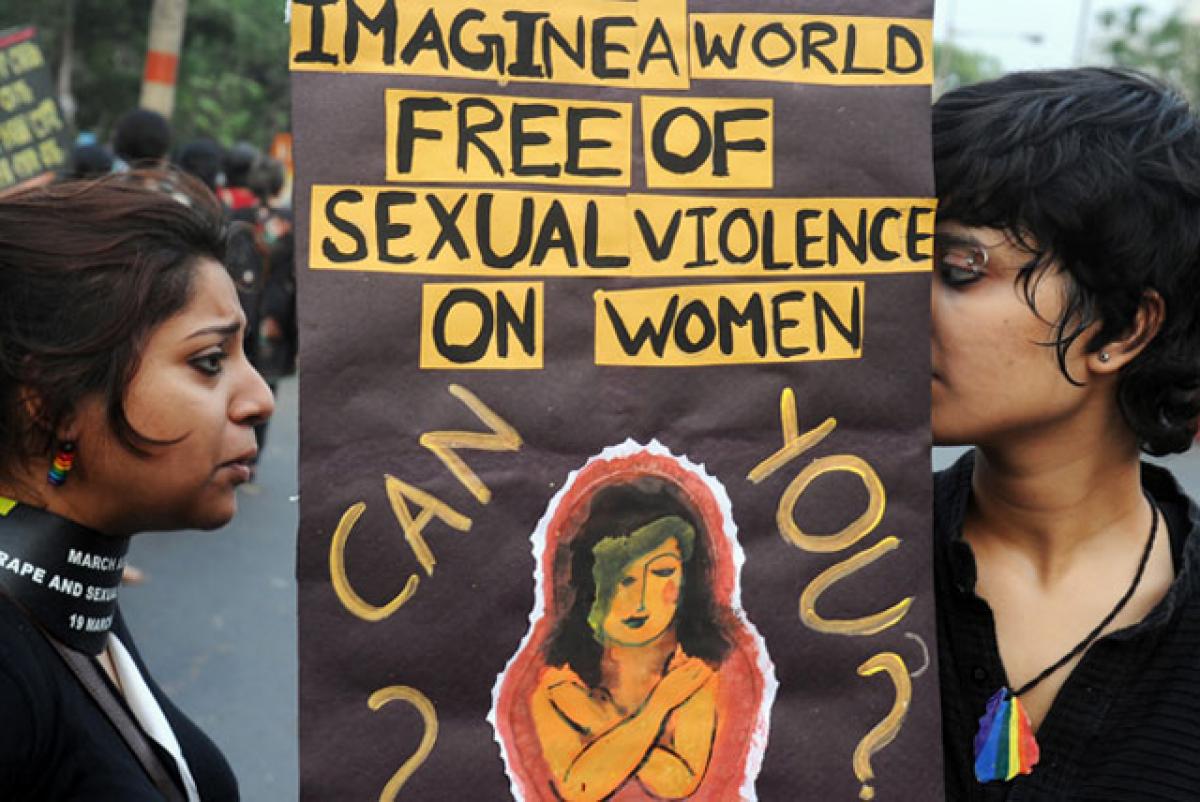
Indian women’s wait for Achhe Din gets longer. A 23-year-old female medical student from Ballia in Uttar Pradesh, had plans to give free medical care to the needy, to provide for her family, and to change those perceptions that a woman can\'t dream big in a traditionally male-dominated society.
With the Nirbhaya case not moving an inch in the Supreme Court in the past year, are we allowing another form of rape – that of our basic human trust? The case has been pending in courts for more than two years. Not even a single hearing has taken place and we have no idea when it will happen. Rape victims suffer an archaic, financially derelict, under-resourced and indifferent criminal justice system that reflects a misogynistic and morally perverse cultural mindset – habituated to treating women like chattel
A 23-year-old female medical student from Ballia in Uttar Pradesh, had plans to give free medical care to the needy, to provide for her family, and to change those perceptions that a woman can't dream big in a traditionally male-dominated society. She was the bridge between India – old and new. But what happened to her on December 16, 2012 would be the country's tipping point – a rape steeped in horror, which bares the brutal face of prejudiced chauvinism that shook the collective conscience of our nation.
.jpg)
With the Nirbhaya case not moving an inch in the Supreme Court in the past year, are we allowing another form of rape – that of our basic human trust? In the Indian judiciary? Will the government finally let us see acche din? When women aren’t sexually stereotyped, threatened and violated everyday – in crowded buses, in malls, in metros, in schools, in popular culture, in the darkness of our own bedrooms, in villages? When rape victims don’t have to suffer an archaic, financially derelict, under-resourced and indifferent criminal justice system that reflects a misogynistic and morally perverse cultural mindset – habituated to treating women like chattel? In 2011, 24,206 rapes were reported by the National Crime Records Bureau (NCRB) – equivalent of one rape, per 20 minutes. But, according to police estimates, only four of ten rapes are even reported, due to fear of community shaming and stigmatisation of the victim.
The number of courts, judges and prosecutors is also utterly inadequate, with trials dragging on for years, victims and witnesses being intimated and harassed, and the dropping of many cases even before judgment. But, there is a less discernible aspect too: careerist judges and mercenary approach of advocates. Hence, fast-track courts cannot afford to remain so for too long. A mere 26 per cent of rape cases tried in court in 2011 resulted in convictions, according to NCRB.
An August 2012 study of 40 rape cases tried by district courts in Delhi that resulted in acquittals revealed that more than half the acquittals were thanks to police failure to carry out adequate investigations. A 2010 Human Rights Watch report, “Dignity on Trial” cited cases where victims were made to go from one government hospital to another for medical examinations, or subjected to uncomfortable tests.
Others forced to sit for hours in bloodied clothes, even after such examinations, without being allowed to change or shower. Some are publicly identified as "rape victims" in hospital corridors. Most often no medical care is available such as treatment for injuries or infections, or to address the chance that the victim may have contracted HIV/AIDS or been impregnated. There is no concept of trauma counseling.
Forensic examinations too are problematic. The WHO lays down clear directives for the medico-legal care of sexual assault victims, affirming that the health and welfare of the victim is "the overriding priority" – and yet in India we revel in the "re-rape" of the victim. Is justice delayed then justice denied? In the end, have we failed Nirbhaya all over again? Our judicial system has disappointed us.
The case has been pending in courts for more than two years; it’s the third year now. It’s been [pending for] one year in the Supreme Court. Not even a single hearing has taken place and we have no idea when it will happen. If such a case is dealt with so lightly by a court, can you imagine what happens to the other cases?" says her anguished father. Only solace remains an illusion for him.
The four men convicted and sentenced to death - prime accused Ram Singh was found dead in his cell last year, and the sixth is in a juvenile correctional home - have appealed against their death sentence, and so the court saga continues. Is all the public outcry and rage over rape actually impotent? Is a woman’s indignity not a priority for our Modi whose robust social media campaign thrives on selfie with daughters? Are we glad Nirbhaya is dead?
By Javvadi Lakshmana Rao









